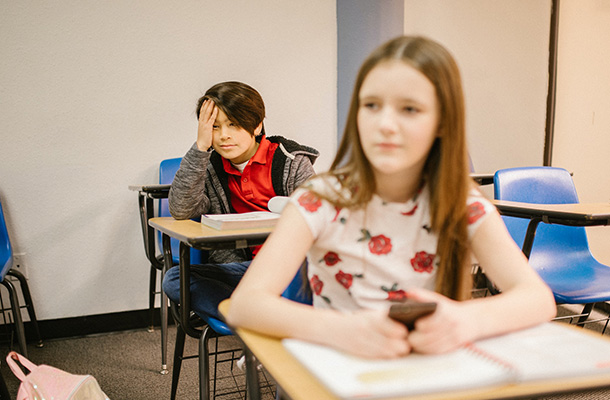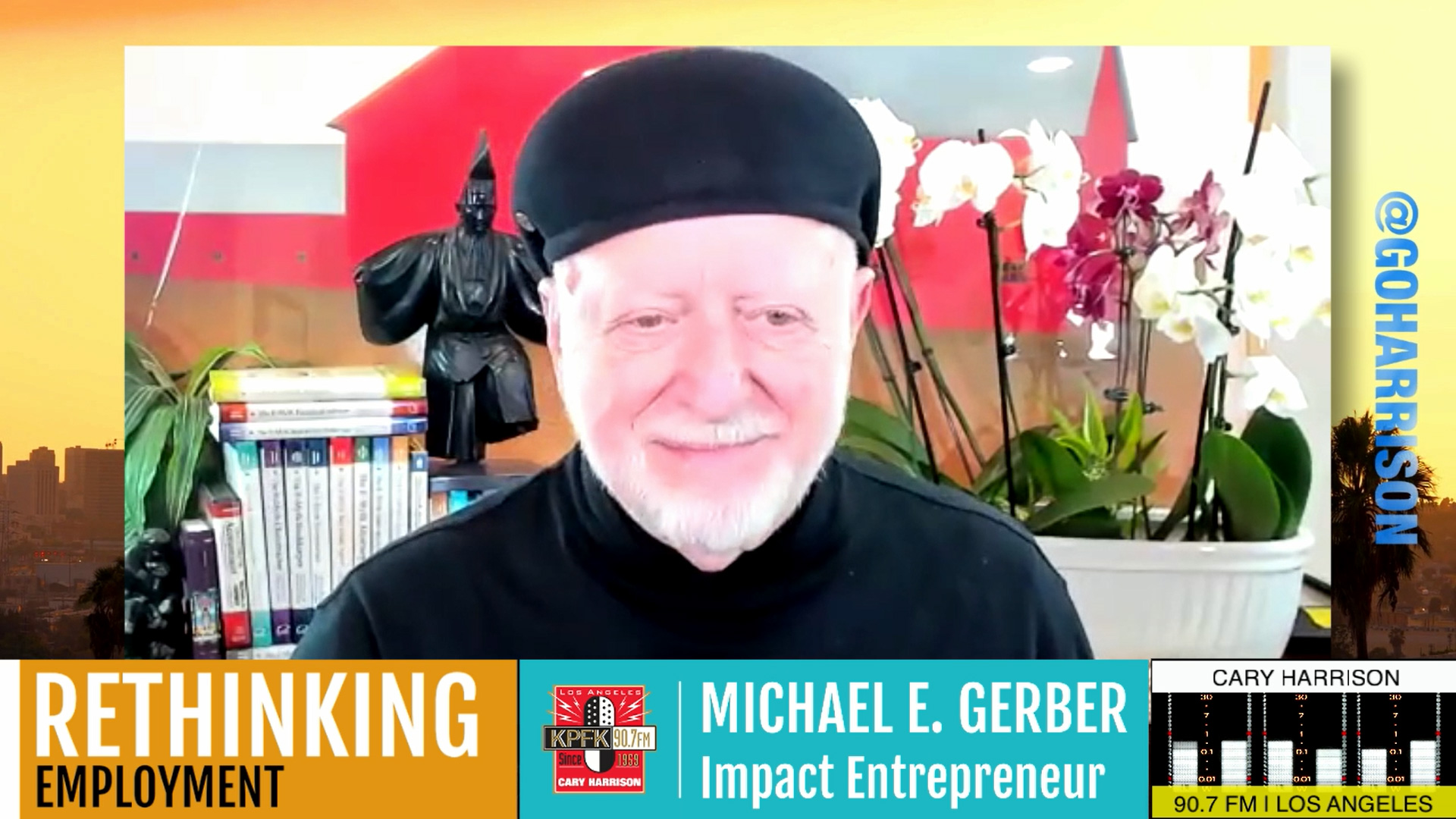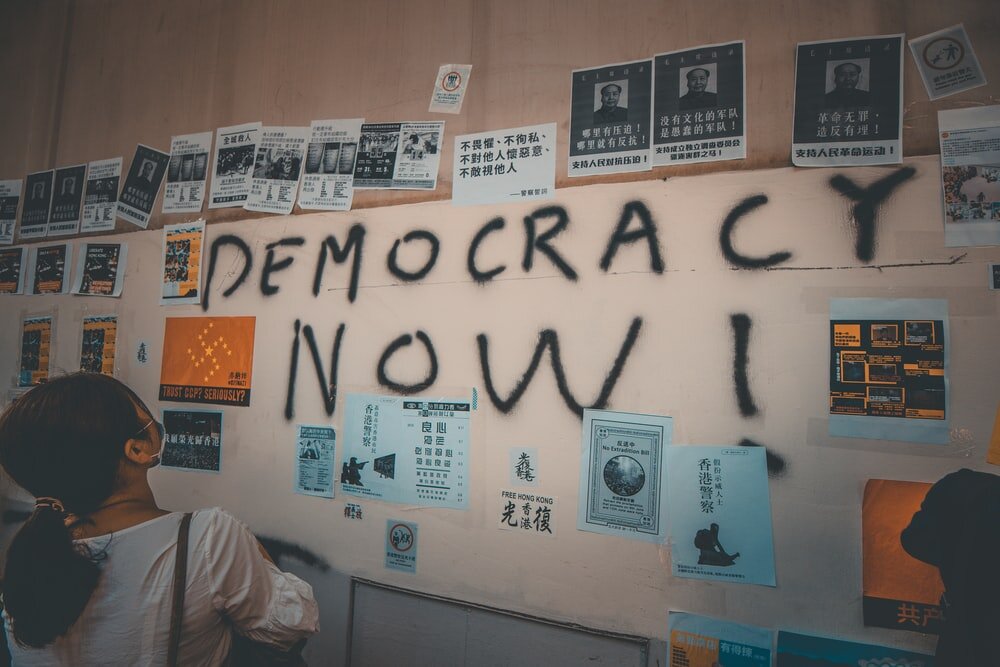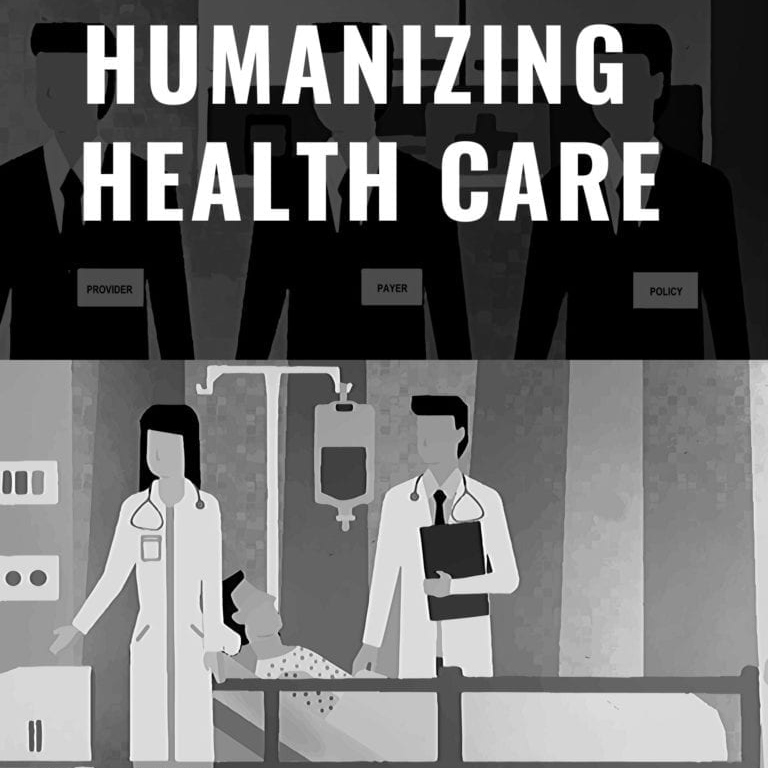Divine Right
Once upon a time a world was created and we all believed it was true. Maybe we fell in love with the reflection of our past and future selves and we thought that we could be more like that one person over there. And so we tried to do that. And maybe we created a bunch of schools in order to learn how to do that and how to survive.
We learned about different archetypes in school and we got to try those on, along with the costumes. Along the way we probably found some we liked and so we clung to those, refining and sorting over many lifetimes.
And then something kind of weird happens and all of a sudden none of those archetypes or costumes fit anymore. It's like we just don't want to play that game because we've done it for so long it is painful.
My daughter is seven and she has been really into making up games lately and she made one up the other night with a bowl full of different erasers. The erasers were shaped like more than a dozen various foods and drinks --- bananas, soda, doughnut, pie, hamburger. She instructed me to close my eyes and that we would take turns choosing an eraser from the bowl; she would tell me how many points it was worth. Did she write the point values down ahead of the game? No, she assured me. She remembered.
That is a game I would play for fun but I certainly wouldn't play to win. It was just the other day I may have seen a kid at her school trading a counterfeit $100 for a coloring book. Her teacher, Ms. Con, runs a classroom economy.
Probably I would have had an easier time as a financial journalist if I would have known my daughter sooner.
Who knows.
Systems of valuation are always shifting. Rules, by all names, are hardly ever followed. At this point, it might be impossible. And a lot of people still feel really upset about it and I do not blame them. I spent so much time studying the global financial system that I came out the other side; when you do that, you realize that the Earth, that existence, is what we make of it. What we believe, is what we give our power to. We are the source of the power.
When we are in patterns of logic, we believe one thing will happen because of something else. It’s sort of like, “If I have a new car, I will be happy.” That might be true, until it is not. Sometimes entire ipso facto systems become invalidated by our minds and we experience what is called an “evolutionary leap.”
When our systems of logic become illogical, we might remember that we were the ones powering those systems. We are the players, in the game. And we can change the rules whenever we like.
Right now, a whole new world is getting built on a new foundation. It is called, stewardship and enjoyment.
I wonder what Martin Luther King, Jr. would say about that.
To read about the pattern of the new energetic system and why it is happening now, check out my website at: https://www.allisonpyburn.com







